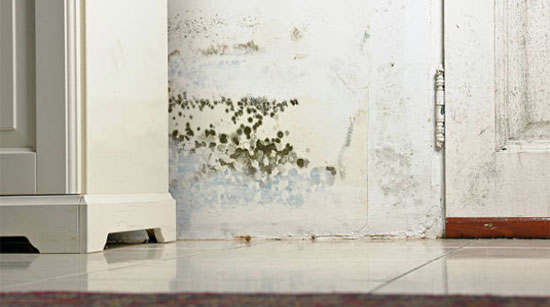 As many homeowners and businesses begin to gear up for the upcoming winter, one major task many are faced with is insulation. Insulation is an important component of any building, as it helps keep heat inside and cold, dry air outside. There are several different options when it comes to insulation, and spray foam often gets a bad wrap. Today we will be busting five myths that surround foam insulation, so you can make an informed decision.
As many homeowners and businesses begin to gear up for the upcoming winter, one major task many are faced with is insulation. Insulation is an important component of any building, as it helps keep heat inside and cold, dry air outside. There are several different options when it comes to insulation, and spray foam often gets a bad wrap. Today we will be busting five myths that surround foam insulation, so you can make an informed decision.
Myth #1: Spray Foam Contains Toxins, and it Puts You and Your Family in Danger
Spray foam contains chemicals with names that can sound scientific and scary, like Polyurethane, making people wonder how safe they are. On top of that, the professionals who apply the spray foam are often covered in personal protective equipment. People think, “if the person applying these chemicals has to cover up, how is it safe for my family?”
Interestingly, spray foam chemicals are usually comprised of two chemicals that are not mixed until they reach the spray nozzle. Before they are sprayed, these chemicals are released at high pressure, and the person applying the foam can be exposed to airborne particles. After the spray foam has been sprayed on a surface and is given a chance to settle, they pose little to no risk to you and your family or employees.
Myth #2: Spray Foam Harms Shingles and Other Materials
Have you ever had a roofer or contractor tell you that spray foam insulation can harm your new roofing or other contracting materials? Some contractors even claim that applying spray foam insulation will void the warranty on shingles. If you have ever been told these claims, check with the manufacturer of the shingles and other equipment to see if the warranty will actually be void and if the damage can actually occur.
Spray foam will not harm your shingles, and it will not void your warranty for most brands of shingles if installed correctly.
Myth #3: Spray Foam Will Leave a Nasty Scent Behind
There are instances of spray foam leaving unpleasant smells behind, but this is typically due to the improper application of the spray foam. Untrained employees, or apathetic ones, sometimes apply too much foam for a specified area. In too high of a concentration, the spray foam chemicals are bound to stink.
Often, an improper mixture of chemicals can also cause unpleasant smells. Most manufacturers of spray foam produce it in large quantities, which makes it difficult to control quality. When the foam is mixed in a proper concentration, and it is applied correctly, there is no chance you will be stuck with an abrasive smell.
Myth #4: Foam Insulation Prevents Adequate Air Circulation
Airflow within the home can be a delicate balance. A building that is too drafty will never feel warm and comfortable, and a building that doesn’t have any circulation feels sticky and stuffy. Some people think that foam insulation can cut off a home’s circulation completely, and lead to a humid indoor climate. Your home or office’s humidity levels and airflow should actually be controlled by its HVAC system, and not through cracks in a building’s walls or windows. Foam insulation’s role is not to facilitate air control, but it does keep warm air in your home, reducing your electricity and heat bills.
Myth #5: Fiberglass or Cellulose are More Cost-Effective Than Spray Foam
Fiberglass and cellulose are both relatively cheap to install, and likely pose less of an upfront cost than foam insulation. However, a lower upfront cost does not take total cost into account. Spray foam covers and fills cracks and crevices that allow heated air to escape your home, saving you money on energy costs month after month. Fiberglass and cellulose may cost less upfront, but if they allow your heat to escape, they are not actually more cost-effective in the long run.
Comparing Spray Foam Manufacturers
When comparing spray foam products, you have to consider the manufacturer of the formula itself. Accufoam was in the research and development stage for over 2.5 years creating a formula that not only sprayed well for contractors, but that was safe for families also.
When other spray foam manufacturers must remain rigid in their formulas due to large production quantities, Accufoam is manufactured in small batches, allowing them to customize the formula to suit the unique needs of your building and the surrounding climate. They offer both ultra-low density and medium density spray foam, and we take our environmental impact seriously.



